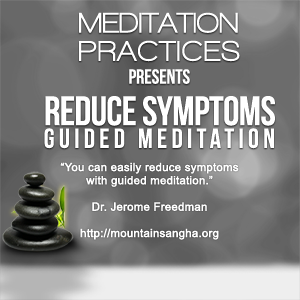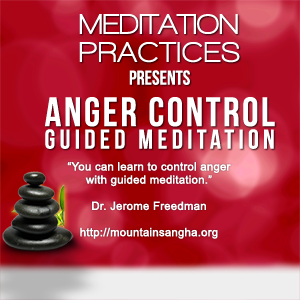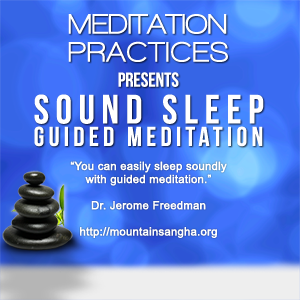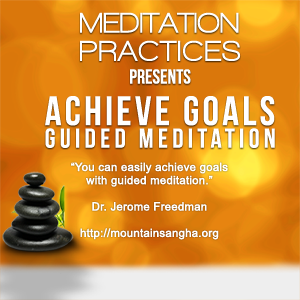The benefits of mindfulness practices and sitting silently are without limit. In the first place, you will begin to experience peace within you and around you. Peace may not come all at once, but if you practice for at least nine minutes a day for three weeks in a row without missing a day I bet you will find a little more peace in your life.
Next, you may experience your heart opening to the people you love and who love you and begin to enjoy the wonders of life around you.
 You may see more clearly how the earth we live on is really a wonderful place to be. You probably will find more enjoyment in flowers, birds, trees, animals, and other life forms recognizing that they too want happiness and avoid suffering.
You may see more clearly how the earth we live on is really a wonderful place to be. You probably will find more enjoyment in flowers, birds, trees, animals, and other life forms recognizing that they too want happiness and avoid suffering.
Your own feelings about yourself may reach a point where you are happy most of the day.
Next, you may experience a glimpse of the beauty and radiance of your own true nature.
You may be able to answer such questions as, “Who am I”, or “What is my purpose in life?” In any case, the increased knowledge of your inner self will inspire you to keep on practicing for many years to come.
Many practitioners find that their health improves drastically as stress is reduced or eliminated from their lives. In my way of thinking, stress is the extra suffering we put on ourselves over and above the challenges that life brings. Mindfulness is the path to lessening the hold of our addictions and increased wellness.
Quite often, mindfulness practitioners experience a degree of happiness far above their normal state. This happiness comes from the freedom experienced during sitting quietly and recognizing that one can be content with one’s own life situation just as it is. This freedom provides an insight into taking life in the present moment, without putting anything extra on it in the way of stress or extra effort to get things accomplished.
Life seems to be experienced “in the zone” – not just on the tennis court, but also in playing, exercising, working, creating, loving, eating, sleeping, dreaming, and other aspects of the whole wondrous experience.
As you continue to practice, you may find that your addictions have less hold on your mind. Suppose you feel addicted to caffeine in one form or another, e. g., Starbucks or Peet’s coffee, chocolate, TV shows, and the like. In the past, you would not stop a moment to think about getting that extra cup of coffee or having that additional piece of chocolate or watching that TV show.
However, with mindfulness practice, you start to become aware of these kinds of urges as seeds before they reach the level of mind consciousness causing you to act impulsively. You then notice, “My little coffee addiction – I know you are there and I am here for you. Please remain a seed for a little while longer and I will take care of you.”
A benefit that people experience out the gate is that of relaxation. Mindfulness practice brings on the relaxation response in most people, even the very first time they practice. The feeling of relaxation that comes with sitting silently can make you feel like you have slept peacefully for some length of time. You may come out of your session being quite refreshed and ready to take on your abundant life.
Another benefit that sitting quietly brings is the possibility of insight into various aspects of your life.
Insight is the process of recognizing something important in just about any phase of existence. As you practice, sensations arise that give you a new understanding of your life situation.
Long time practitioners begin to notice a fondness and reverence for life. Aware of the suffering caused by the destruction of life, they commit themselves to cultivating compassion and finding ways to protect the lives of people, animals, plants and minerals.
They also try to minimize the amount of killing in the world and are dedicated not to kill themselves, even be it a tiny spider, or to let others kill.
Also, long time practitioners become aware of the challenges caused by exploitation, social injustice, stealing and oppression, and they commit themselves to practice generosity by sharing their time, energy and material resources with those in need.
They cultivate loving kindness and compassion for all beings and respect their rights and property.
Along the same lines, experienced practitioners regard the sanctity of sexual conduct of prime importance and experience sexual relationship in situations when there is love and a long-term commitment.
They do everything possible to protect children from sexual abuse and try to keep couples and families together.
Experienced practitioners cultivate deep listening and loving speech. They listen with full attention and try not to judge what they hear. They speak their truth as much as possible in order to help resolve conflicts and protect their families and communities from harm.
Furthermore, experienced practitioners are mindful in what they consume. They avoid alcohol and other intoxicants and ensure their well-being by eating properly and not over spending.
They work to transform violence, fear, anger and confusion in themselves and in their environment.
There are several attitudes adopted by mindfulness practitioners that trigger skillful behavior when it comes to life situations. These qualities of the heart, as they are known, include generosity, morality, patience and determination, among others. These qualities provide incentives for mindfulness in daily life.












[…] Benefits of Meditation Practices […]